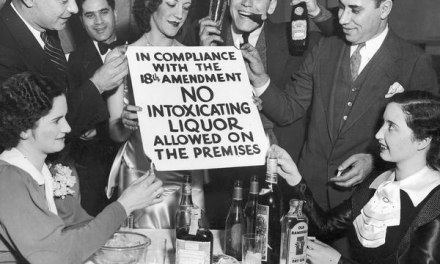Apparently debate still continues around the bipartisan Comprehensive Addiction and Recovery Act (CARA), despite having passed the Senate back in early March, by a vote of 94 to 1. An update here.
One obvious problem: CARA expands resources for treatment and prevention, along the lines of a public health approach. That’s not easy for some voters and their representatives to swallow. Why? Because for them, it’s counter-intuitive.
An intuitive idea is one that people seem to be able to accept without much evidence. It just feels right to them, based on their expectations and beliefs. For them, it’s just common sense.
Unfortunately, history teaches that many such intuitive notions are false. The world isn’t flat. The earth doesn’t sit at the center of the universe. American Idol winners don’t inevitably become big pop stars.
For most Americans, addiction remains a defect of character or self-discipline. It’s a big leap to begin seeing it as a chronic illness with its own causes, course, treatment, and prognosis. That idea confuses people. Creates psychological stress. It’s counter-intuitive.
Not everybody who uses a substance, even regularly, becomes addicted to it. Take alcohol: The majority are able to drink without the signs or symptoms of addiction. They make and exercise choices about when, where, and how much, without a great deal of difficulty. They assume everyone else is capable of making the same choices. If I can do it, they tell themselves, why can’t you? Must be because you’re weak, or irresponsible, or self-indulgent. Which leads them back to morality, and the emphasis on crime and punishment.
It’s demonstrably false. And yet it’s the default position for many people when it comes to drug and alcohol problems.
In America, we’ve developed a kind of split personality. Polls confirm that most of us now accept the idea that addiction is a disease. Yet many of us continue to encourage and support policies that address it as a crime.
We say one thing and do another.
That’s why even when CARA finally clears its last barriers, the battle won’t be over. Opponents will seek to ‘walk back’ the act’s impact in favor of a return to enforcement, deterrence, and punishment.












